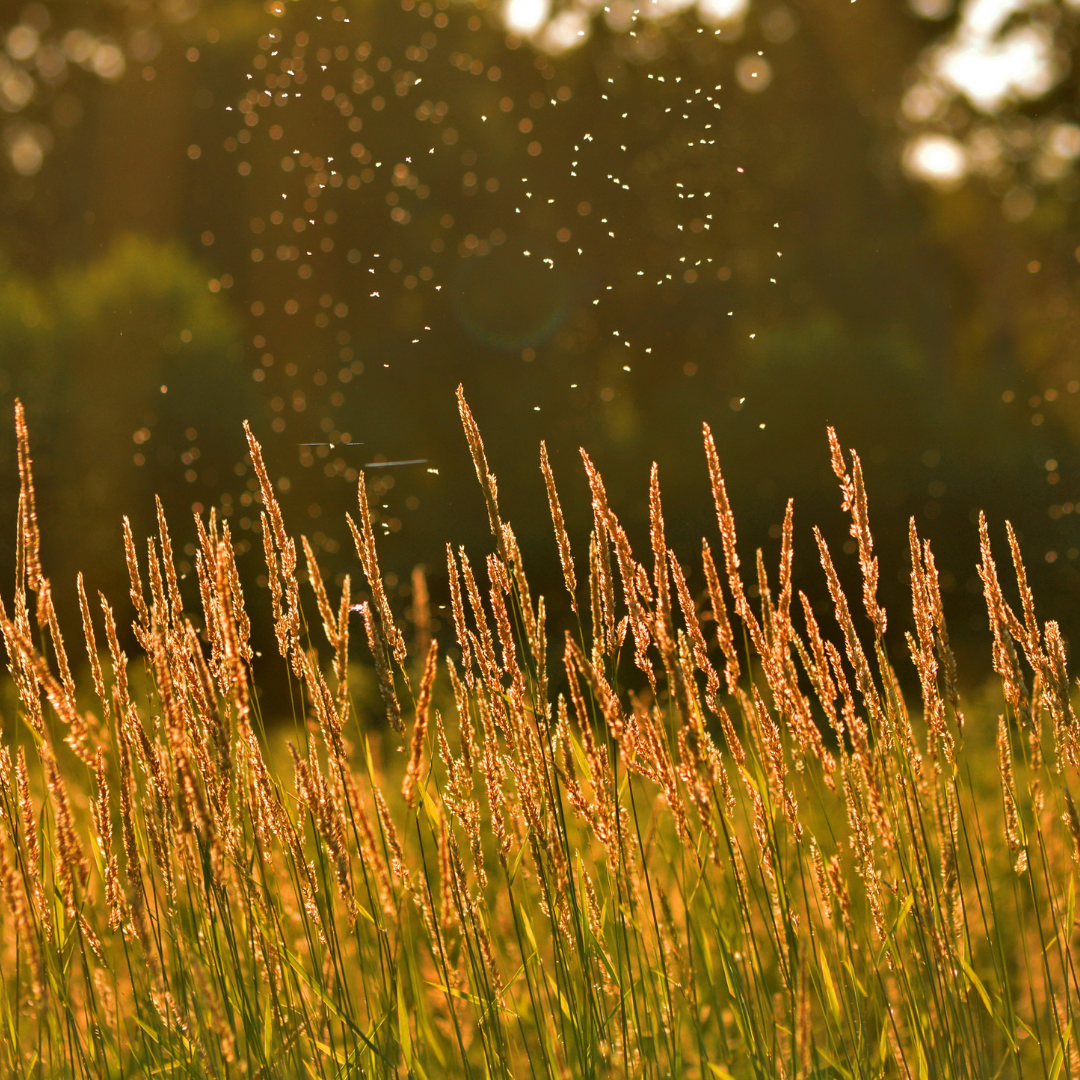Disclosure: This post is developed in partnership with the Texas Department of State Health Services. However, all opinions are my own.
Most of Texas has a long mosquito season, which typically starts in February and runs through October or November, but can last all year in some parts of the state. Many Texans travel to areas that are at risk for mosquito-borne diseases (MBD). Diseases, such as Chikungunya Virus, Dengue Fever, West Nile Virus and Zika Virus, can have lifelong effects for Texans, travelers and their families. Not only do mosquitoes spread diseases, but they can ruin your day. They can turn daily or travel activities into a less enjoyable and irritating experience.
I would like you to encourage you (and your families) to declare WAR on mosquitoes by:
Wearing long sleeves and pants,
Applying an EPA-approved repellent.
Removing standing water.
Prevent Mosquito Bites When Traveling
Check if your destination is a mosquito hot spot for mosquito activity.
Don’t forget the insect repellent! It is your best friend! You can buy EPA-approved insect repellents can be bought from your local supermarket and/or pharmacy. Always apply before going outdoors and follow the product label instructions carefully.
Oil of lemon eucalyptus may be a good option for those who prefer a natural, chemical-free repellent and it’s also EPA-approved.
Since mosquitos are attracted to dark colored clothing, try wearing light colored clothing when outside.
Stay indoors, as much as possible, during dusk and dawn. These times of the day are often cooler and less windy making conditions more favorable conditions for mosquitoes.
Use mosquito repellent when going outdoors.
When indoors, use either an air conditioner or an oscillating fan.
When sitting outdoors in the evening or at night, sit on a screened porch or in a screened tent.
Remember to empty water out of glasses, mugs, cups, and buckets if being left outside.
STATISTICS:
In 2016, according to Statista, there were 47,461 mosquito-borne diseases that were reported in the United States.
Also in 2016, according to the Centers for Disease Control & Prevention (CDC), there were 906 mosquito-borne disease cases that were reported in Texas and nearly 48,000 cases nationally.
According to Pest Control Reviews, Texas ranks #2 on their list of The 10 Worst States for Mosquitos.
According to Orkin, on their Top 50 Mosquito Cities, Texas has 7 areas on the list-
#2- Dallas/Fort Worth
#7- Houston
#20- Austin
#37- San Antonio
#39- Abilene/Sweetwater
#41- Waco/Temple/Bryan
#50- Harlingen/Brownsville/McAllen/Weslaco
FACTS:
Mosquitoes are seen everywhere in the world, except Antarctica. Source: The Washington Post.
Mosquitoes are members of the Culicidae family. There are 3,500+ species of mosquitoes around the world, with approximately 175 of those species in the United States. Source: Mega Catch.
Of the approximate 175 species of mosquitoes in the United States, 85 of them reside in Texas. And, of those 85 species, 57 of them call Bexar County home. Source: Texas A&M.
The 3 most common genera of mosquitoes are: Aedes, Anopheles and Culex. Source: Ecolab.
It is only female mosquitoes that bite people. Blood serves as a source of protein for their eggs. Male mosquitoes do not consume blood.
According to Apple Pest Control, in Texas, there are 6 common types of mosquitoes: Asian Tiger Mosquito (Aedes), Southern House Mosquito (Culex), Western Encephalitis Mosquito (Culex), Eastern Saltmarsh Mosquito (Aedes), Dark Rice Field Mosquito (Psorophora) and Upland Flood Water Mosquito (Aedes).
Mosquitoes are pests and their bites can be itchy and irritating. I hope these mosquito facts, prevention, and safety tips help make your travels more enjoyable. Be sure to share these tips with family and friends.






